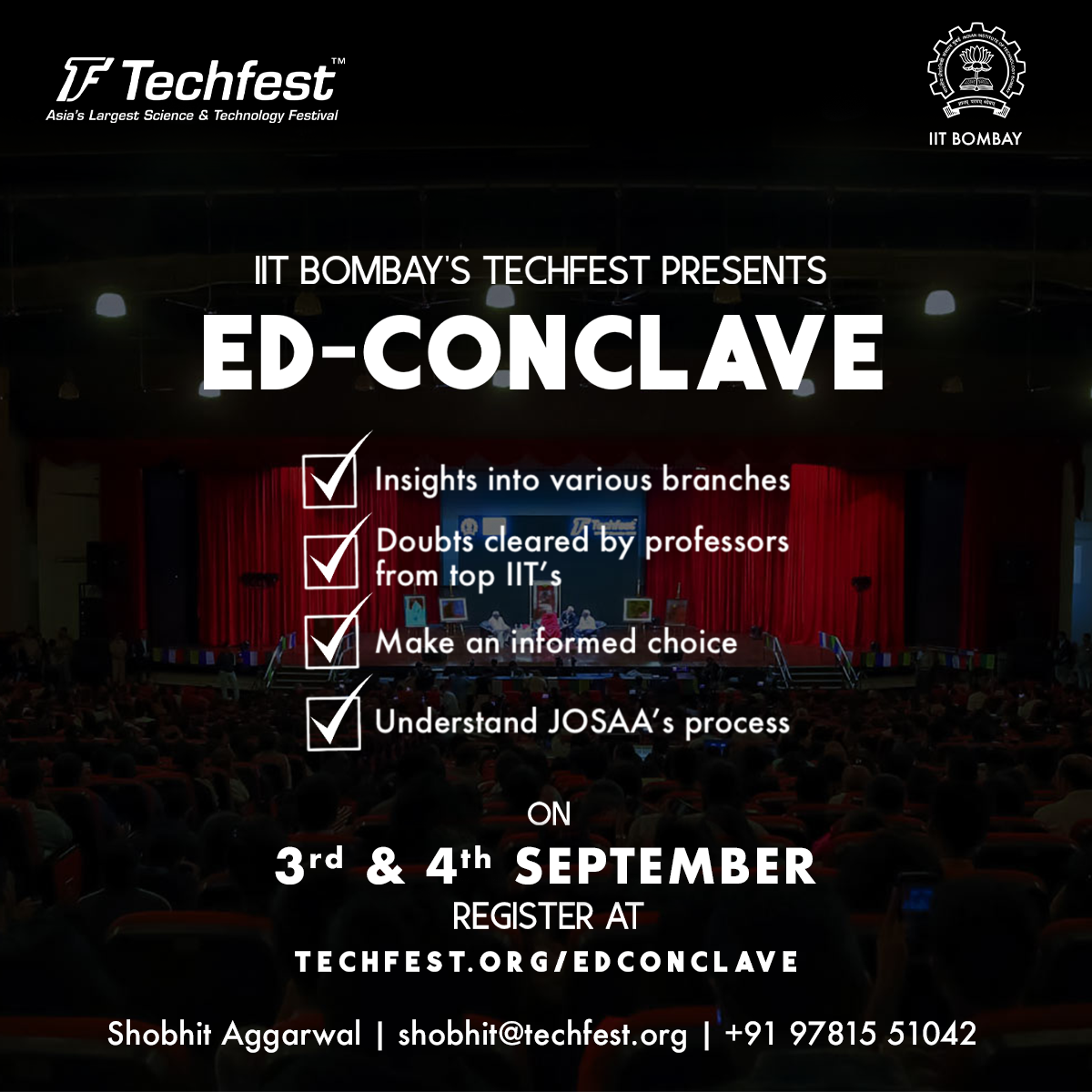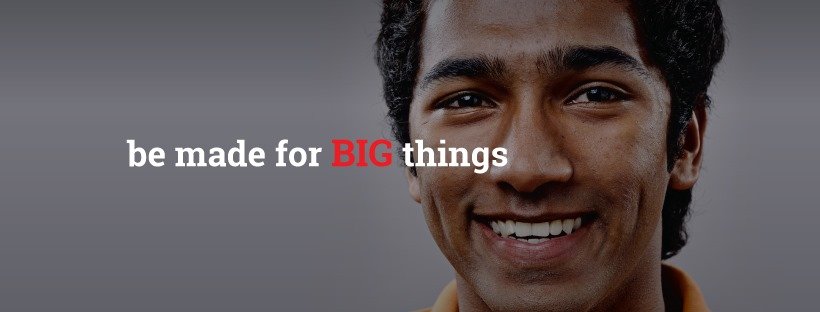There is no doubt about it that teaching is one of the noblest professions and one that deserves its due respect. Yet, a major part of its greatness comes from the teacher themself, rather than the profession. This is why, with several different types of teachers, come several different types of teaching.
Did you know that there are 8 major teaching styles or rather pillars of educational philosophy? Understanding them is pertinent to being a good teacher, and will not only help you impart better education but also make better use of existing LMS and ERP tools to fit your teaching pattern.
1) Perennialism– As the name suggests the perennial style of teaching focuses mostly on imparting knowledge that has been passed down through generations. In other words, those teachers who pursue a perennialism philosophy of education are those who teach subjects of history, maths and religion, where course matter has been built by great thinkers and has little probability of being updated to fit the new world.
2) Positivism– The main characteristic of teachers who work using a philosophy of positivism, is their reluctance to use the supernatural and religion to be actual forces of thinking, which is why they keep them out of rational thinking. Thus, positivism is mostly pursued by those who teach maths and science.
3) Behaviourism– This educational philosophy depends on the concept of distributing rewards and punishments as a means of regulating the behaviour of students in the classroom. This is why teachers who believe in behaviourism often have a high level of influence on others’ actions.
4) Essentialism– The main characteristic of a classroom led by a teacher practising essentialism, is that students are considered passive learners and interaction can be kept to a minimum. As a result, testing can be rote, instead of being established through assignments, and vocational activities are rarely encouraged.
5) Progressivism– Almost a complete opposite of the previous philosophy, progressivism stresses a system where interaction is key, and all aspects of teaching, both offline and online through say LMS, are based on the above requirement. Teachers are considered to be facilitators of the educational process.
6) Reconstructionism– Much like the name suggests, reconstructionism is an educational philosophy based on reconstructing the world, to make it a better place. Students are treated as the future of the world, which is why teachers often include real-life relevant happenings in the teaching process.
7) Constructivism– while most methods of teaching would seem quite decisive, some teachers instead choose to give their students the freedom to explain their own thought patterns and thus, construct a strong educational mindset through hands-on learning.
8) Humanism– last but not least comes humanism, an education philosophy that attaches an even higher level of importance to the student in their educational process, by providing them with the option to choose their own subjects. The teacher and student are most interconnected in this method of teaching which allows educators to learn more about their students as humans.
Which method should you use?
Even with a simple glance through the terms used above, it becomes clear that all 8 education philosophies have their own set of advantages and disadvantages. This is not only because of their intrinsic differences but also because of your perception as an educator, which may restrict your ability to do a certain philosophy justice and further use it in your ERP.
Thus, to make the most out of your teaching experience it is important to first thoroughly understand all 8 philosophies, and then narrow it down to the one or two you deem the best. At the end of it, this is as much of an exercise in understanding yourself, as it is in deciding between right and wrong. Seems like a difficult process right? Fortunately, we have some questions for you, which will help you configure your ideal teaching method.
Question 1: What is the larger picture that education is a part of, in society? Why should children pursue it?
Q2: What are the qualities of an effective teacher? Which ones do you possess and which ones do you lack?
After all, the path to being a great teacher is easy, if you are ready to be a student yourself.

















